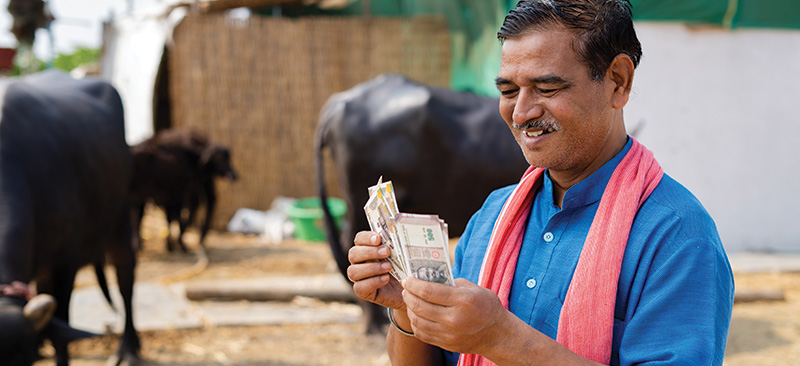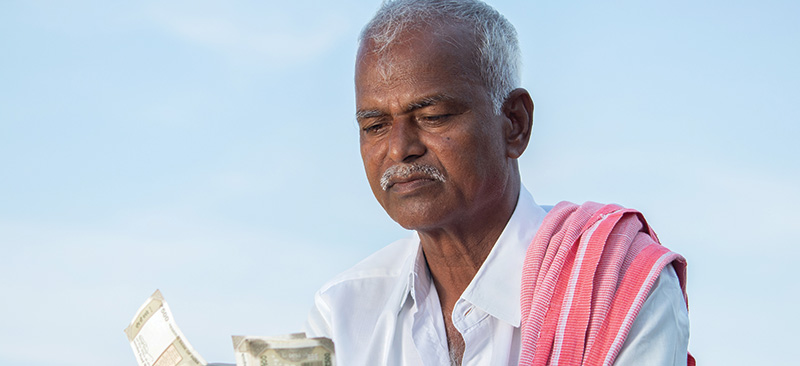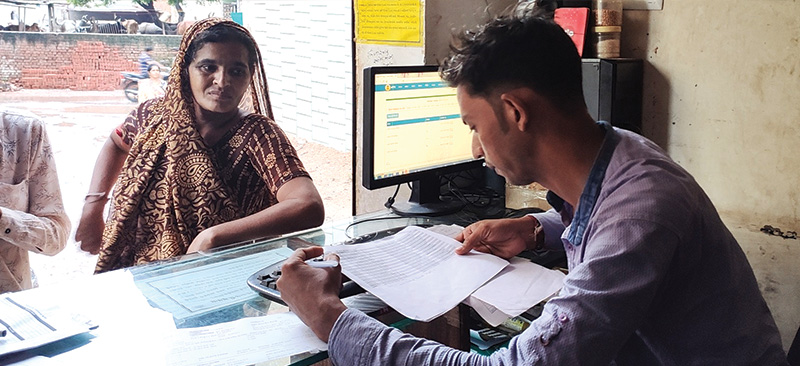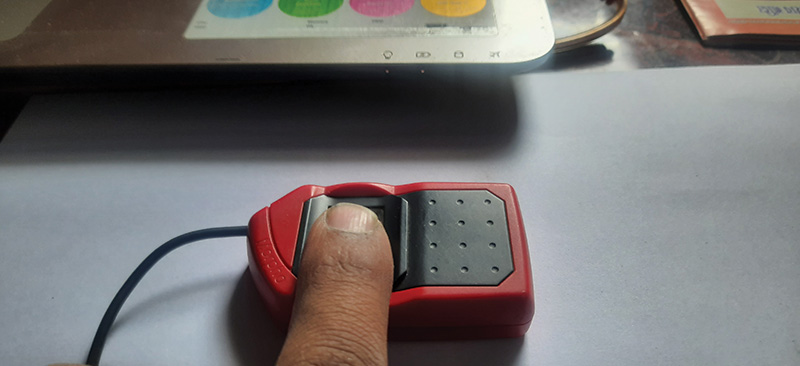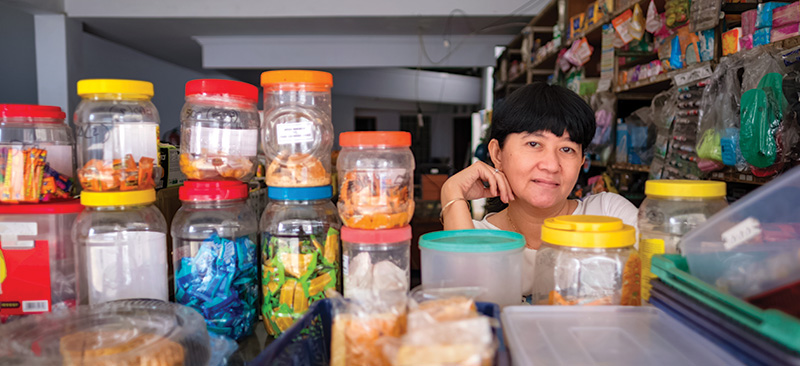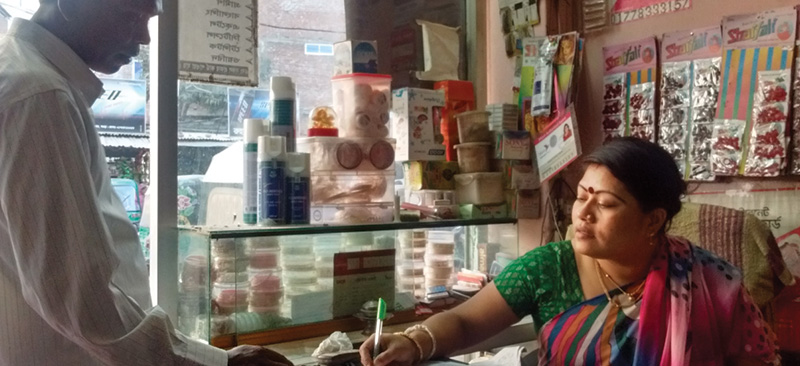Digital payments in India have grown phenomenally over the past decade. But critical barriers continue to hinder the current trajectory of this progress for the low0 and middle-income (LMI) segment. MSC worked on building the retail payments landscape in India and strengthening social benefit transfers to vulnerable communities.
In the area of strengthening retail payments, MSC worked with National Payments Corporation of India (NPCI), NPCI Bharat BillPay Ltd. (NBBL), Reserve Bank Innovation Hub (RBIH), and banks or agent network managers to strengthen pro-poor payment systems. We worked closely with institutions to improve their products and distribution channels to deliver financial services to last-mile customers. We worked toward designing programs with a gender lens to increase financial services usage among women and other vulnerable segments.
On the subsidy front, while India has one of the most advanced systems to manage social transfers, it has yet to bridge the existing gaps in the uptake and inclusion of LMI segments. To overcome these barriers, we extensively partnered and worked with line ministries of the Government of India (Ministry of Consumer Affairs, Food and Public Distribution (MoCAF&PD), Ministry of Petroleum and Natural Gas (MoPNG), Ministry of Agriculture and Farmers Welfare (MoA&FW), Ministry of Chemicals and Fertilizers (MoC&F), and NITI Aayog). We also worked with state government machinery to drive the implementation of policies at the ground level. We work alongside NITI Aayog, Meity, and DFS, among others, to drive our work in the payment space.
This project has improved the lives of one billion LMI segment population in India, particularly women and vulnerable groups.
The Bill & Melinda Gates Foundation commissioned this project.
